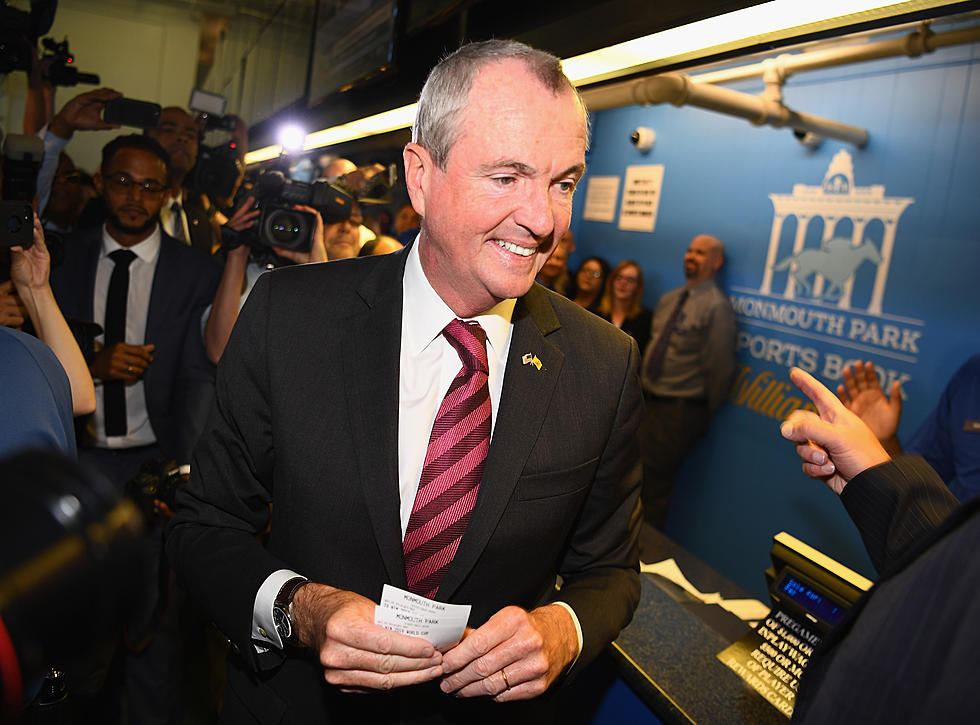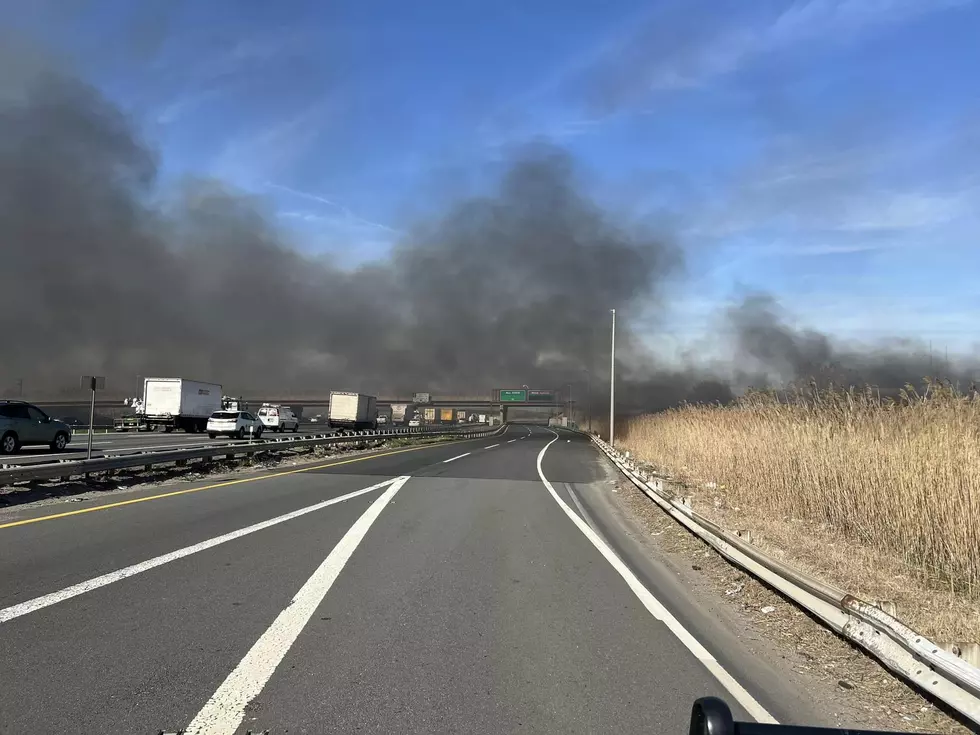
Murphy Supports More Money for the Undocumented
A day after immigrant rights groups stopped traffic on the New Jersey Turnpike, Gov. Phil Murphy is signaling support for the protesters and says he is open to providing more stimulus money to undocumented workers in New Jersey.
Murphy signed the new state budget on Tuesday which included $40 million for undocumented workers, but that was a fraction of the $1 billion dollars in pandemic relief the groups have been demanding. Members of the Latino Legislative Caucus tried to include over $900 million in aid for the undocumented in the budget, but the effort did not have the support of Murphy or legislative leaders.
Murphy said he learned of the turnpike protest "after the fact" and expressed concerns about public safety, however Murphy also said, "I appreciate their passion. I appreciate the cause." As for adding to the existing pandemic relief fund for undocumented workers, the governor said, "If there is a chance to get legislation or find some other resources, we'll do it."
The governor offered no specifics or a timeline on additional funding, but the prospects of getting something done soon are not great. Murphy would need cooperation from legislative leaders, and Senate President Steve Sweeney and Assembly Speaker Craig Coughlin have not given any indication they would be willing to consider a supplemental spending bill. Now that the 2022 budget has been finalized, lawmakers typically take a summer break. It is not unprecedented for lawmakers to be recalled for committee hearings, but the next full voting sessions are unlikely to happen before September.

Immigrant right's groups say the $40 million fund will provide relief to less than 10% of undocumented workers impacted by pandemic shutdowns. They want direct stimulus payments of up to $2,500 and unemployment benefits equal to what documented workers have been receiving.
Powerful photos of NJ parents protesting Murphy’s orders
These NJ towns have the highest rates of sexually transmitted diseases
More From WPG Talk Radio 95.5 FM










